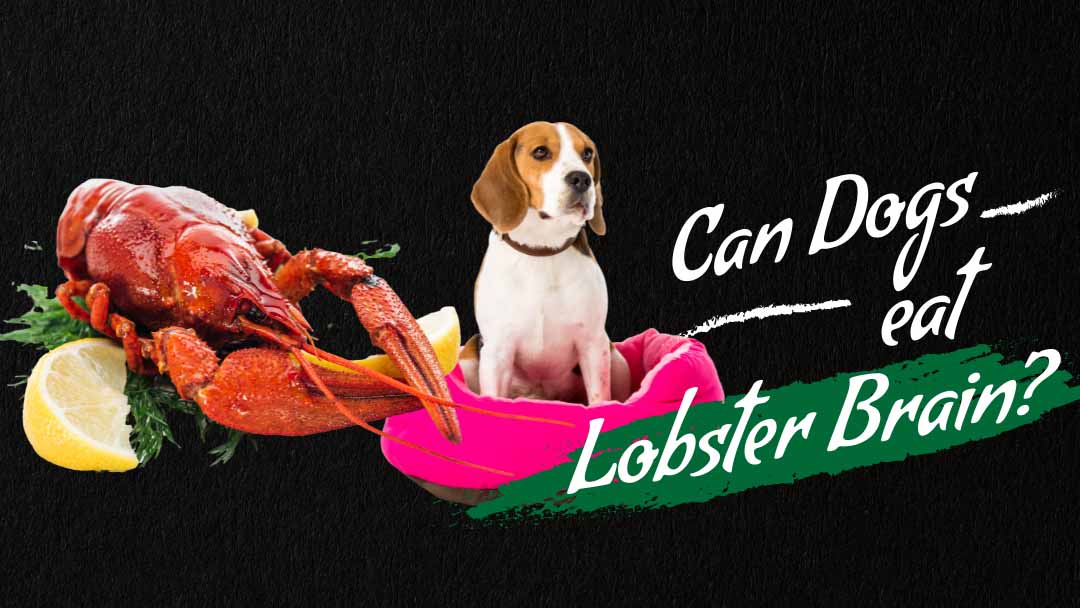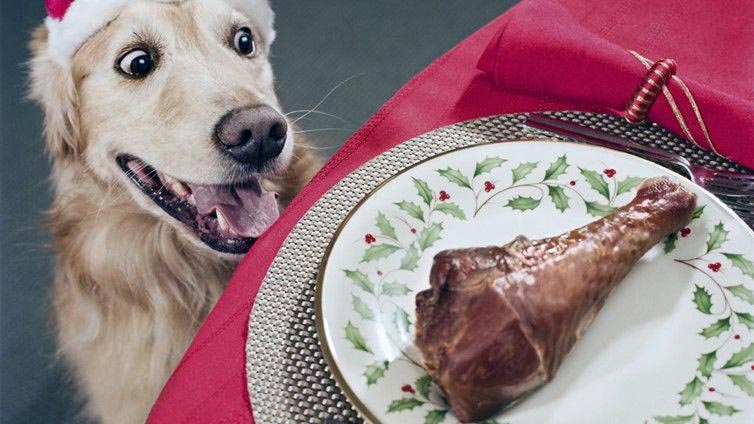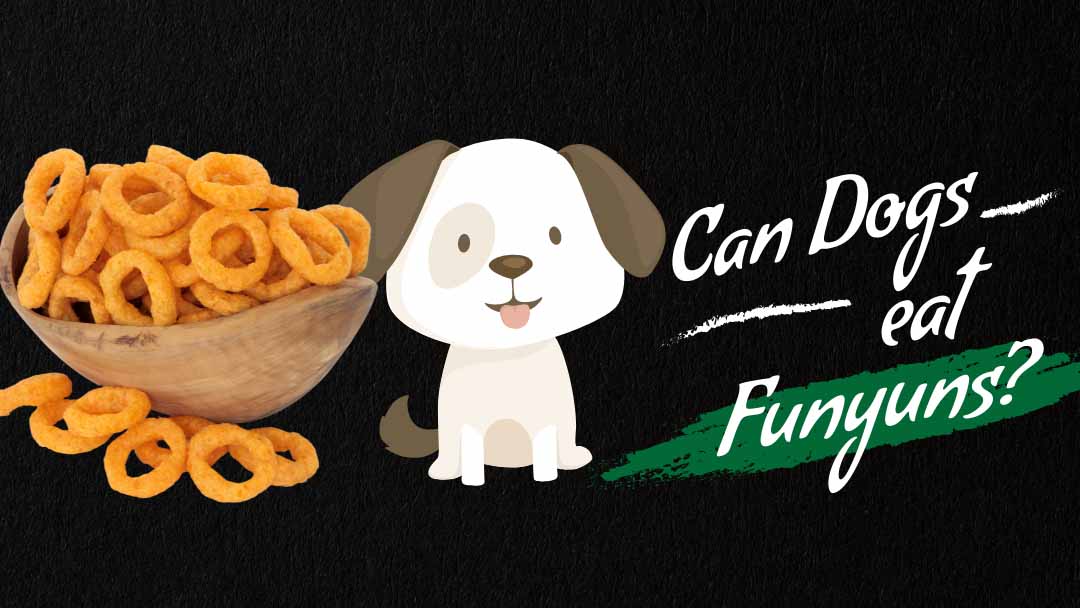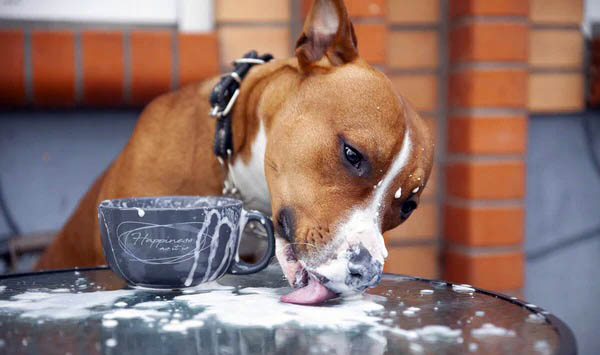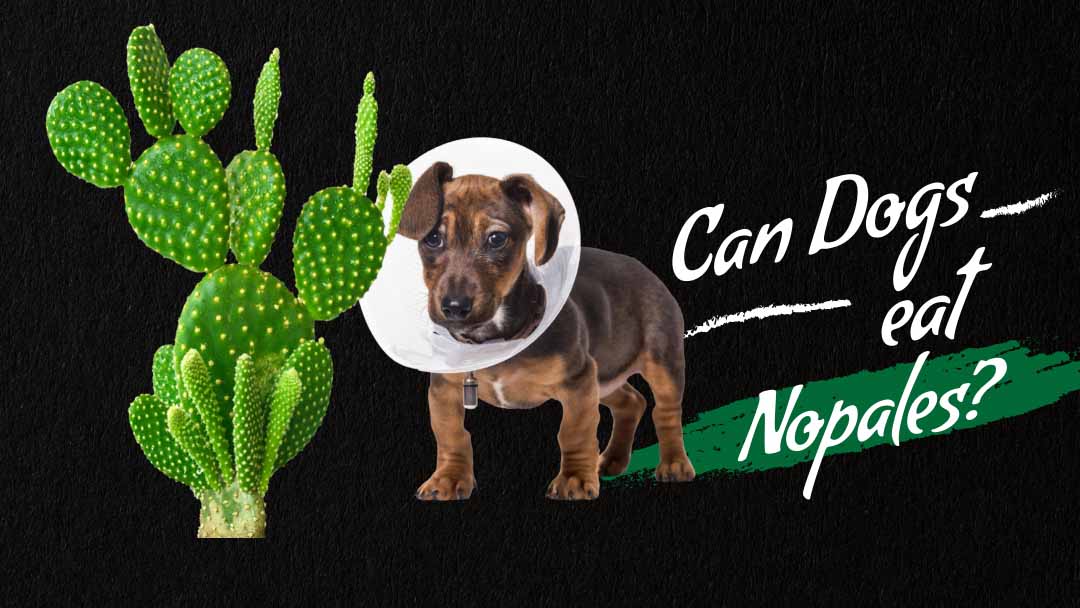Scallops are a type of Shellfish that are highly sought after. They belong to the Pectinidae family, which encompasses other fish like oysters and clams. Though there are several types of Scallops, experts have found that the most common is the tiny bay scallops.
We also found that the term ‘Scallops’ is used about a plethora of marine bivalve mollusks. These Shellfish are present in all the oceans across the world.
Their popularity is huge due to their unique and delicate flavor. Moreover, the scallops’ texture is also quite popular. When prepared well, scallops tend to be delicious and tender, so much so that you don’t need to add anything other flavors. But can dogs eat scallops? Well, that’s what we are here to find out.
Are Scallops good for dogs?
Yes, in theory, dogs can eat Scallops, especially its foremost edible parts. We are of course, referring to the fish’s meaty abductor muscle. Generally, Scallops are classified as non-toxic, meaning that they will not have any adverse effects on your dog.
Some experts argue that their high protein and mineral content make them an excellent choice for your dog. However, like most foods, Scallops should also be consumed in moderation. Too many of them can cause your pet a few problems.
Additionally, Scallops should be prepared carefully before your dog can consume them. They need to be well-cooked, and you should avoid frying in general or the use of oils. Most dogs will be able to enjoy Scallops as a rare treat, or in some cases, as an ingredient in their dog biscuits.
Benefits of dogs eating Scallops.
To begin with, Scallops are usually considered to be an adequate source of protein. Having said that though, they shouldn’t serve as your dog’s primary source of protein.
At most, they should be an occasional treat, which, will give your dog the energy they need during playtime. Besides being a decent source of energy, the protein in the scallops will also give your pup stronger muscles, and better bone & body mass. If that’s not enough, a great quantity of protein will rapidly speed up healing in case of injury.
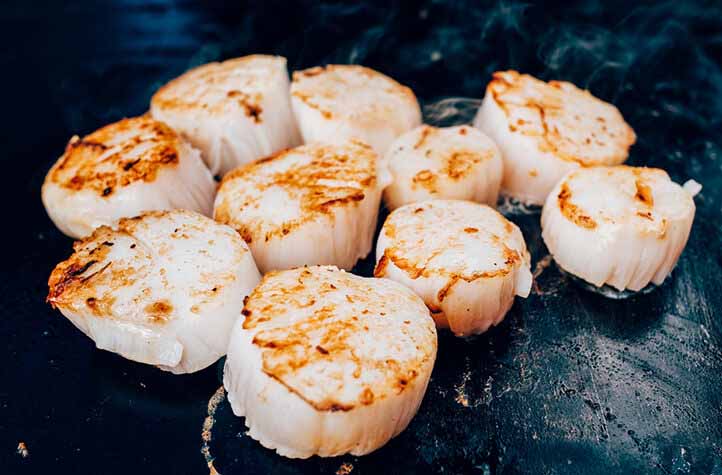
Scallops
Other than that, Scallops are also full of nutrients like phosphorus, which play a key role in the formation of teeth and bones. Additionally, these types of Shellfish contain magnesium and potassium. The former supports a healthy immune system while the latter plays a crucial role in the prevention of kidney stones.
Additional nutritional facts (100 grams of Scallops)
|
Protein |
24 grams |
|
Calories |
137 |
|
Sugars |
0 grams |
|
Fat |
1 gram |
|
Carbs |
6.3 grams |
|
Fiber |
0 grams |
|
Sodium |
660 mg |
Health risks involved with dogs consuming Scallops
Though they are not considered dangerous for dogs to consume, scallops can have a few negative effects on your pet’s health. If your dog eats too many scallops, they are likely to suffer from digestive upsets. This is because their digestive systems aren’t built like ours.
The aforementioned ingredients are of-course fundamental when it comes to preparing Scallops. While we can easily handle butter, oils, seasoning, and salts, the same cannot be said for dogs. If your dog consumes fried scallops, then both of you are in for a rough night as it will work as a very strong laxative in this case.
They will experience several bouts of diarrhea, necessitating an immediate trip to the vet. In mild cases of stomach upsets, it will still be advisable to monitor them overnight while providing an adequate supply of water.
Another possible health risk is food poisoning. This is most common with scallops that swim around in polluted sections of the ocean. These fish will filter this dirty water, and in the process, pick up a variety of hazardous toxins that can lead to shellfish poisoning.
Moreover, scallops, if consumed raw, can also fill your pet with dangerous parasites and bacteria. The list of parasites is endless, ranging from salmonella, tape & roundworms, to listeria. Some common symptoms to watch out for when it comes to parasites include fevers, bloody mucus discharge, diarrhea, lethargy, and a diminished appetite.
How to prepare Scallops for your dog?
The first thing you need to remember is moderation. Dogs cannot consume an excessive number of scallops, as it will cause a lot of issues. It is best to reserve them as rare treats. So, how would you cook scallops for your dog?
Well, there are three things to consider. The first would be to avoid seasoning or the use of additional flavors completely. As we have already mentioned, dogs’ stomachs can’t handle the same things ours can, so avoid the use of salt, peppers, and other products. Secondly, you need to ensure that the scallops are completely cooked to kill bacteria and parasites.
Having said that, you shouldn’t overdo it, as too much heat will cause scallops to become too rubbery. These will cause digestive problems if not properly dealt with. Lastly, you should also choose the appropriate method of cooking.
Use a pan that you don’t normally use for your own food, as it may still have some oil residue. Other than that, you can also opt to steam or boil scallops while avoiding frying entirely.
Final Thoughts
To recap, dogs can consume scallops, but you must be careful when it comes to the quantity. Moderation is key, as it will be the difference between an upset stomach and a happy, healthy dog. These sShellfishhave been proven to be a good source of protein, while also containing some other vital nutrients.
You also must remember that raw or undercooked scallops can be dangerous, as they provide a platform for all parasites to thrive. One additionally thought we should add is that puppies should entirely avoid scallops. Their digestive systems are more sensitive than adult dogs. As such, don’t let younger dogs consume scallops.
